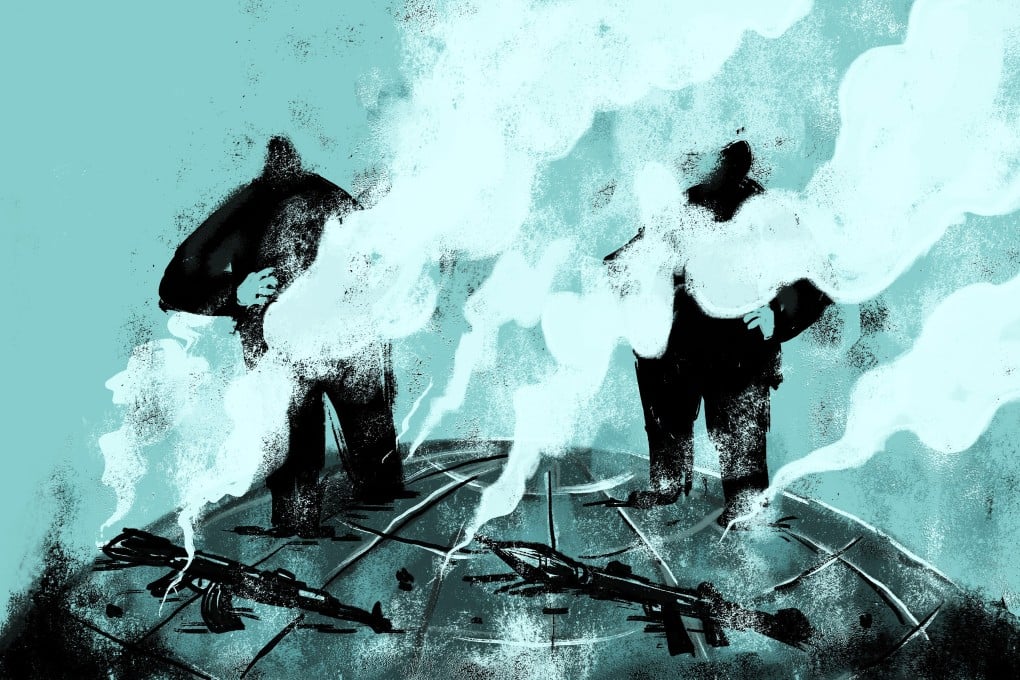9/11, 20 years later: did the tragedy give US-China relations a respite?
- Beijing saw the opportunity to reset its relationship with Washington, which needed its support and agreed to label ETIM a terrorist group
- More recently, analysts say, the US focus on other theatres has emboldened China’s aggressive moves in the South China Sea and elsewhere

The deadly terrorist attacks against the United States on September 11, 2001 prompted an outcry from around the world: “We are all Americans.” But even before the dust had settled around the World Trade Centre, Washington’s policies realigned around fighting terrorism and bilateral relationships strengthened or crumbled depending on where other governments stood. Wars and occupations ensued, ending in a rushed military withdrawal from Afghanistan by US forces last month. In the first in a series about the legacy of 9/11, Mark Magnier explores how the attacks altered the course of the US-China relationship.

“We had a diversion,” said Freeman, the former No 2 in the US embassy in Beijing and ex-China affairs director at the State Department. “It’s like a line on a chart that has a big dip, then the trend is back.”